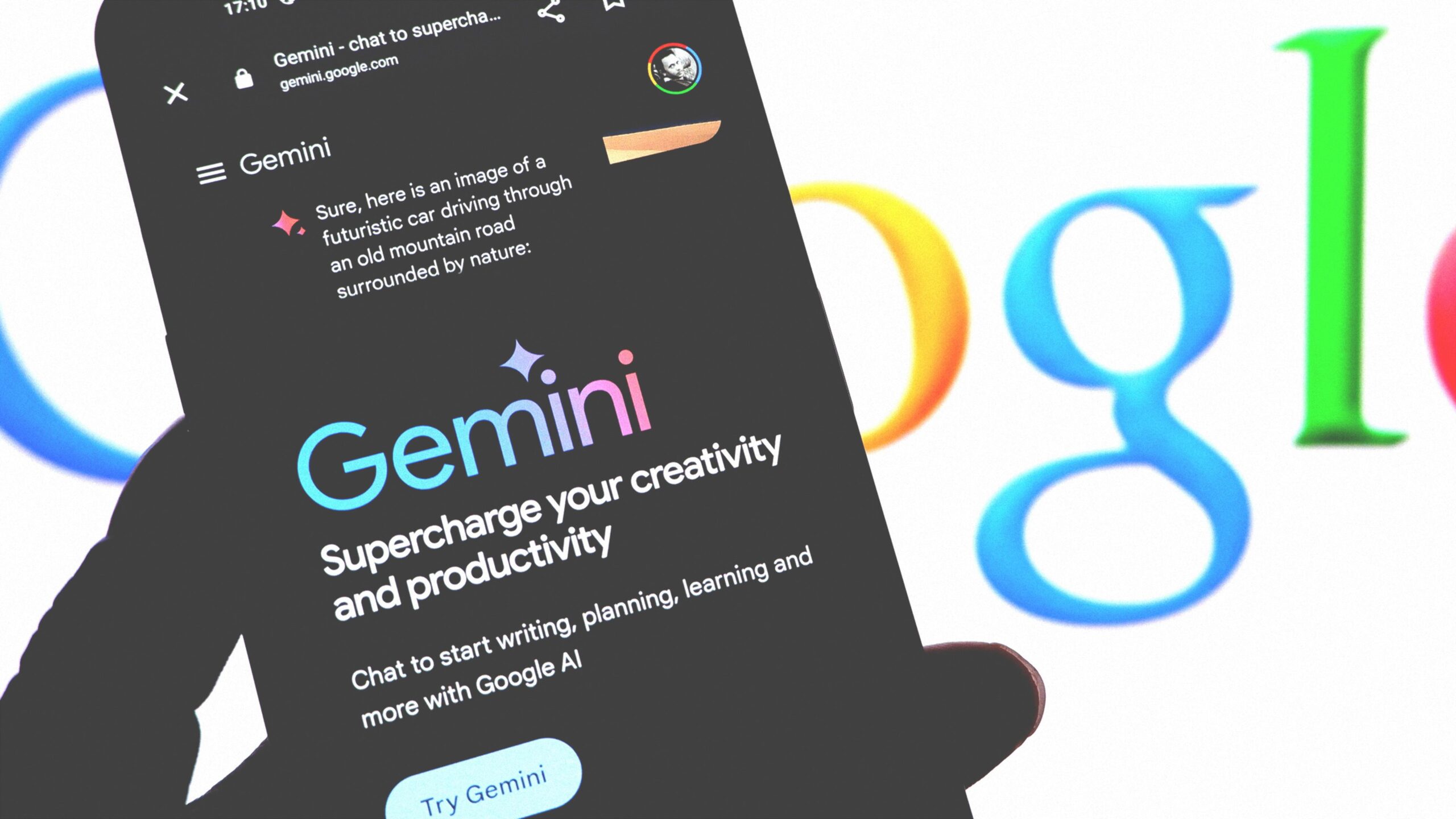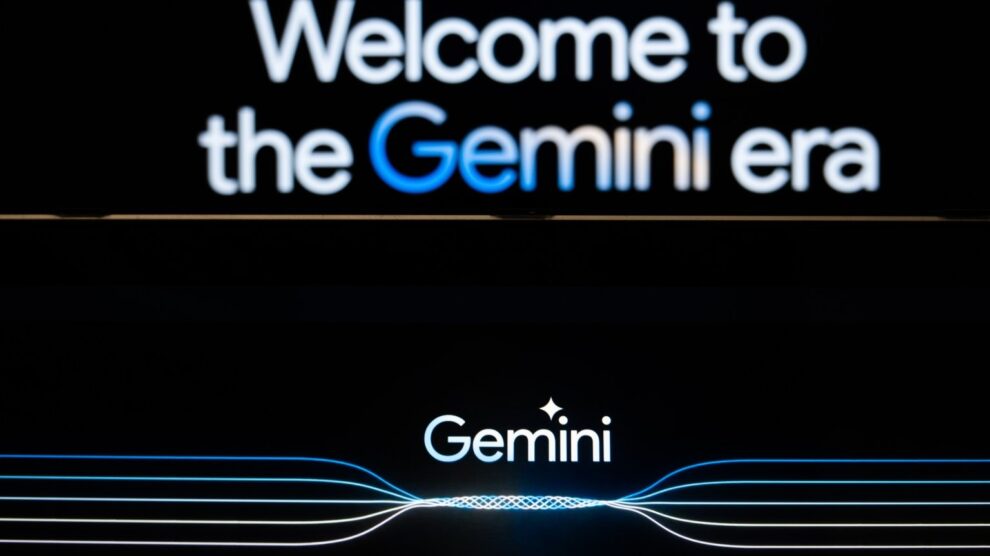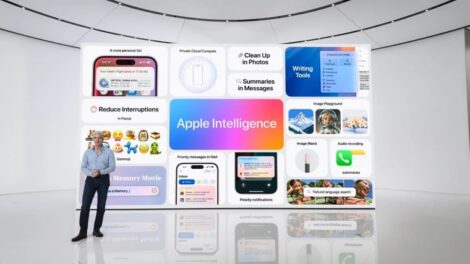In the rapidly evolving world of artificial intelligence, Google’s Gemini has been touted as a significant leap forward in language models. However, recent studies have cast doubt on some of the claims made about Gemini’s data analysis capabilities, sparking a broader discussion about the current state and future of AI technology.

The Promise of Gemini
Google has positioned Gemini as a powerful AI model capable of processing and analyzing vast amounts of data. The tech giant has emphasized Gemini’s ability to handle complex datasets, suggesting that it could revolutionize fields ranging from scientific research to business analytics. These claims have generated considerable excitement in both the tech community and various industries looking to harness the power of AI for data-driven decision-making.
Reality Check: Recent Studies Raise Concerns
However, recent studies have called into question the extent of Gemini’s data analysis capabilities. Researchers conducted a series of tests to evaluate how well Gemini models, including the advanced Gemini 1.5 Pro, perform when tasked with analyzing large and complex datasets. The results have been eye-opening:
- In some cases, Gemini’s responses to questions based on large datasets were only accurate 40-50% of the time.
- The studies revealed a significant gap between Gemini’s ability to process massive amounts of data and its capacity to truly understand and interpret that information.
- While Gemini can handle millions of words of input, it struggles with nuanced comprehension and identifying complex relationships within the data.
Processing vs. Understanding: The AI Conundrum
These findings highlight a crucial distinction in AI development: the difference between processing data and genuinely understanding it. While Gemini and similar large language models have made impressive strides in their ability to ingest and process vast amounts of information, truly comprehending that data in a way that produces consistently accurate and insightful analysis remains a significant challenge.
This gap between processing and understanding raises important questions about the current limitations of AI technology and the claims made by tech companies about their products’ capabilities.
Implications for AI Development and Application
The revelations about Gemini’s performance have several important implications for the field of AI and its practical applications:
1. Need for Transparent Benchmarks
The discrepancy between claimed and actual performance underscores the need for more transparent and standardized benchmarks in AI evaluation. Clear, industry-wide standards for assessing AI capabilities would help provide a more accurate picture of what these models can and cannot do.
2. Managing Expectations
As AI continues to capture public imagination and corporate interest, it’s crucial to manage expectations about what current technology can realistically achieve. Overpromising and under-delivering can lead to disillusionment and skepticism, potentially slowing down adoption and investment in AI technologies.
3. Focusing Development Efforts
Understanding the current limitations of models like Gemini can help direct research and development efforts more effectively. By identifying specific areas where AI struggles, such as nuanced data interpretation, developers can focus on bridging these gaps in future iterations.
4. Ethical Considerations
The potential for inaccurate or misinterpreted data analysis raises ethical concerns, particularly in high-stakes applications like healthcare or financial services. It emphasizes the importance of human oversight and the need for careful validation of AI-generated insights.
The Road Ahead: Improving AI Comprehension
While the current limitations of Gemini and similar models are significant, they also point the way forward for AI development. Some potential areas of focus for improving AI comprehension include:
- Enhanced Context Understanding: Developing models that can better grasp the context and relationships within complex datasets.
- Improved Reasoning Capabilities: Building AI systems that can perform more sophisticated logical reasoning and inference.
- Multimodal Learning: Integrating different types of data (text, images, numerical data) to provide a more comprehensive understanding of complex topics.
- Explainable AI: Creating models that can not only provide answers but also explain their reasoning process, allowing for better verification and trust-building.
The Importance of Ongoing Research and Transparency
The studies questioning Gemini’s capabilities highlight the crucial role of independent research in the field of AI. As AI technology becomes increasingly integrated into various aspects of our lives and work, it’s essential to have a clear and accurate understanding of its capabilities and limitations.
Transparency from tech companies about their AI models’ strengths and weaknesses is equally important. By fostering an open dialogue about the current state of AI technology, we can:
- Build realistic expectations for AI applications
- Identify areas needing further research and development
- Ensure responsible deployment of AI in sensitive or critical domains
- Maintain public trust in AI technology and its potential benefits
Conclusion: A Reality Check and a Path Forward
The recent studies on Gemini’s data analysis capabilities serve as a valuable reality check in the often-hyped world of AI. While the gap between claimed and actual performance may be disappointing to some, it also presents an opportunity for growth and improvement in the field.
As we move forward, it’s crucial to approach AI development with a balanced perspective. Acknowledging the current limitations of models like Gemini allows us to set realistic goals and expectations. At the same time, the potential for AI to revolutionize data analysis and decision-making remains immense.
By focusing on bridging the gap between data processing and true comprehension, investing in transparent evaluation methods, and maintaining open communication about AI capabilities, we can work towards realizing the full potential of this transformative technology. The journey of AI development continues, with each challenge presenting new opportunities for innovation and progress.










Add Comment